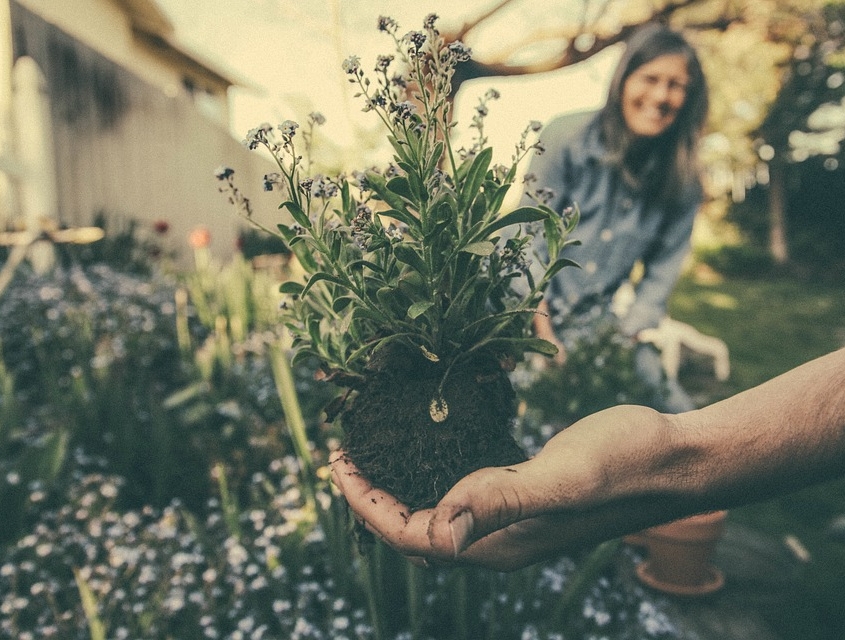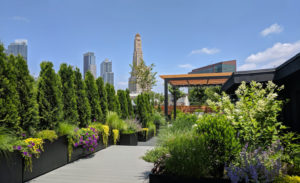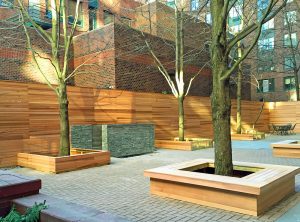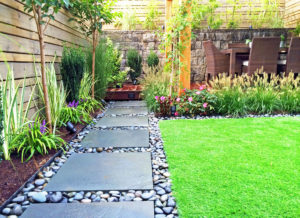
Gardening gives you the satisfaction of knowing that you’ve created something and put in a lot of work to see your results. It’s also visually pleasing, improves the look of your yard, and is a great way to use some spare time. Gardening is also beneficial to your health. With all of the advantages of gardening, you want to take the time and prepare yourself to ensure your garden is a success.
Benefits of Gardening
If you’re feeling bogged down, replenish yourself by engaging in involuntary attention. To engage in involuntary attention, perform tasks that you do without thinking, such as enjoying nature through gardening. The rhythms of the repetitive gardening tasks while enjoying the sensory experience of gardening are sources of effortless attention that benefit your health.
Gardening can ease stress, improve depression symptoms, provide low-impact exercise, lower the risk of dementia, and improve your mood. Gardening may fight stress better than other relaxing leisure activities, and it reduces levels of the stress hormone cortisol. Additionally, vegetable gardens provide a source of fresh, healthy food that can boost your nutritional intake.
Choose the Type of Garden, Plants, and Location
Your home garden can be full of vegetables, herbs, flowers, and more. Start small with your first garden, and add to it as you master your gardening skills. Ensure plants are appropriate for your climate, soil, and sunlight exposure in your garden. A few plants are perfect for beginners, including marigolds, geraniums, black-eyed Susans, daylilies, tomatoes, and peppers.
Before you start planting, observe your yard to see how long the sun hits certain spots. Nearly every plant requires about six hours of full sun every day. Too much sun won’t fly with most plants, but many can tolerate shade. A garden center will typically place plant tags to tell you about sun exposure, or you can ask the staff or research online. When choosing a location, it’s also a good idea to pick a spot where it’s hard to ignore the garden, such as near an entrance, the mailbox, or a window you look out of frequently.
Prepare the Ground, Digging, and Planting
For a quick preparation, you can dig up the sod, but if you have more time to spare, smother it with newspaper and compost and wait four months for it to decompose. Boost your soil with organic matter made up of compost, decayed leaves, dry grass clippings, or old manure. If you dig, till the organic matter into the soil. If you don’t dig, leave the organic matter on the surface. Your city or county should be able to perform a soil test, which tells you what your soil lacks and how to fix it.
While digging will loosen the soil for roots to more easily penetrate it, you must time digging so that the soil isn’t too wet or too dry, which ruins the structure. The soil should be moist enough to form a loose ball, and dry enough for that ball to break when dropped. Planting needs appropriate timing too. Some plants can be planted in the fall or winter, including pansies and kale. Annual flowers and tomatoes must be planted when there’s no chance of cold, and perennial flowers can be planted in mid-spring and mid-autumn.
You can plant from seeds, or you can buy young plants, also called transplants. Simply dig a hole and transfer them from their temporary container into the ground. Regardless of which method you choose, ensure you educate yourself about the timing, the depth, and how far apart to place seeds or plants.
Upkeep
Seedlings and baby plants need daily watering. New transplants need watering every other day until their roots become established. The frequency of watering mature plants will depend on your soil, humidity, and the amount of rain. Water slowly and deeply so the water soaks in, and water in the morning to prevent evaporation. Adding mulch keeps weeds out and retains water. The type of mulch may depend on the type of garden.
Keep up with your gardening by watering as needed, pulling weeds frequently, and fertilizing. As you improve your green thumb, add new plants or start another type of garden. Remember to enjoy your garden; after all, having fun with gardening provides those stress-reducing powers and other health benefits.
Contact our NYC landscape design expert today.








